My initial idea was to hold back on this story until we got to know each other better.
But then I thought, no, let’s get it over and done with. Death’s scary shadow lurking in the dark has caused enough chills in this place!
So here it is at face value: Death & Dying.
First, I want to introduce you to Oom Lucas (“Oom” is the respectful reference in Afrikaans to a senior gentleman).
“Doc, can you come to see me at home when you can, please? It’s not urgent. No, I’m not sick, but I need a chat.” I agreed, and the phone clicked dead in my hand. I looked through the window at the winter trees in the park. They’d lost their leaves and looked very dead indeed. But throw the branches in the fire, I thought, and it will be all smoke and no fire! Perhaps “dead” is not “real dead”. Maybe “dead” is just a different form of life? Oom Lucas told me that after his wife died three years ago, she just “reported dead,” but she was still around. He still talks to her, and sometimes they even have a bit of an argument like in the old days. Oom Lucas chuckled. “But I do have trouble seeing her, doc. She’s not that clear to the eye anymore …” he said with a sad twinkle in that very eye.
You see, our bodies have five ways of sensing the environment or “reality” around us: sight, sound, smell, taste and touch. This is strictly limited to evaluating “matter” only—things that can be researched and reported in this three-dimensional world. The scope of this restricted cast is laid down at conception in our DNA profile. Later at birth, the mould is dislodged and becomes a free and independent entity that we call home for our entire stay in this place. And then, the cast is broken, and the content is released. Where I originate, and my final destination, is beyond the perception and complete understanding of ourselves and all the other earthlings still in “casts”. That is how this place seems to work.
Oom Lucas is on hold, and I introduce you to Dr Jack. Dr Jack is a colleague and a friend of mine. One day, I opened a medical magazine and found an article by Dr Jack. It went something like this: “It is high time that the modern medical profession rid itself of the limitations posed by religion and the archaic concepts of God. God and life after death are creations of our imagination, and the benefit of this source of comfort is long outdated”.
So I pulled my keyboard closer and responded: “My dear friend Dr Jack. The estimated age of this place is 13.77 billion years, of which you hope to utilise 80. The estimated size of this place is 93 billion light-years across, of which you do occupy (I guess) 5 feet and 10 inches. In this place, you are strictly limited to perceptions of time and space. So, you are not only a tiny spec in time and space, but you do not have the tools to perceive where you come from or where you are going or even, for that matter, where you are in the greater scheme of things. So how on earth did you fathom the audacity of sitting in this room with closed doors to judge that there is no God and that what we now experience is the only form of life? In fact, if I was an ant walking amongst grains of sand, feeling the earth’s vibration and looking at the vast expanse above, the only logical conclusion could be that I am but a tiny contribution to a great story and a great wisdom beyond.”
With this picture fresh in your mind, let me take you to Oom Lucas. And I have to warn you, Oom Lucas is a platjie (impish).
I swing into his driveway, stop and knock on the door. “Come inside, Doctor”, Oom Lucas says with authority. After a firm handshake, he directs me to sit on the sofa. “Doc, I don’t want to waste your time with long stories. I want you to book a place for me in the sick bay at the retirement village.”
“But why do you want to go to the sick bay if you are not sick, Oom Lucas?” Iasked.
“I’m turning 90 next week, and I reckon it’s time to go,” he said in short.
“Do you mean “go” as in “die” Oom Lucas?”
“Call it what you like, doc, but I can’t hang around forever!”
"But Oom Lucas, what will you die from if you’re not sick?” I protested.
"How am I supposed to know that?” he asked, pretending to be surprised. “You are the doctor, and it’s for you to work that out!”
And that was the end of the conversation as far as Oom Lucas was concerned.
The arrangements were more complicated.
“So what is his diagnosis, doctor?” the matron at the nursing home asked, her pen hovering over the paper.
“He is not sick, sister,” I said and waited for the explosion.
“So why on earth do you want to admit him!?” She slammed her pen on the table.
“He says he is going to die.”
My words hung in the air while I watched her mouth drop open in slow motion.
“Then, what will he die from?” she asked measuring words; glowering over glasses.
“I have no clue what the answer is to your question, sister,” I said, looking back into her eyes through the same route.
And that was the end of that conversation as far as I was concerned.
I visited Oom Lucas in the sick bay the day after his admission. He settled in well, his old chirpy self. We spoke about the matron, the weather, the politicians and death. He seemed relaxed and comfortable about leaving this place.
I said, “Oom Lucas, shall I ask your pastor to come over and visit you?”
“No need, Doc”, was his simple reply. “I know God personally. I have a direct line.”
On my way past the front desk, I asked the sister to let me know if Oom Lucas was unwell or if anything happened that I should know of. The matron did not respond or indicate that she was aware of my existence.
A week later, the phone rang on my desk. It was the matron.
“Doctor, Oom Lucas just passed away.”
The “Life Extinct Certificate” book with pen ready waited for me on the desk when I arrived.
“What happened?” I asked, walking down the corridor with the matron trotting at my side.
“It happened very quickly,” she said. “When I took observations earlier, Oom Lucas was fine, but when I brought him a cup of tea half an hour ago, he was dead.
“I tried CPR and did mouth-to-mouth resuscitation, but I could not revive him …”
A notice on the door handle read: “Do not disturb.”
The matron looked pale and remorseful when she pushed the door open.
“Thanks, sister,” I said. “Don’t feel bad about it. Remember, he was not actually for resuscitation. He wanted to die.”
Across the room was the body of Oom Lucas on the bed, covered neatly with a white sheet. I lifted the white linen off his face. He looked pale and peaceful with a towel rolled up under his chin to guide a presentable end to rigor mortis.
“Thank you, sister. You can wait for me at the office while I examine the body. I will then come to fill out the Life Extinct form and the Death Certificate,” I said, ushered her out of the room and closed the door.
I turned around and looked at the motionless body on the bed.
Something did not fit.
Oom Lucas was still around.
“What are you doing, Oom Lucas?” I asked carefully.
The supposed to be dead Oom Lucas jumped up, threw the sheet and towel aside and sat on the edge of the bed, legs dangling down.
“Wow, that was an interesting experience, Doc!” he said. His eyes twinkled with mischief as they always did.
“She pumped my chest and blew into my mouth like this was the world’s end. It’s a pity I was actually supposed to die!”.
And, as an afterthought, he added: “She should stop smoking, you know …”
He blew a little puff of breath and pulled a face.
The matron was filling in the Kardex at the desk (presumably recording the death) and looked up in anticipation.
“So what is the cause of death?” she asked.
I shifted weight uneasily and wondered about the correct words.
“Oom, Lucas isn’t dead”, it came bluntly
My words hung in the air while I watched her mouth drop open in slow motion for the second time that week.
She again stared over her glasses, this time in utter disbelief.
“By the way”, I added, “Oom Lucas says you should stop smoking.”
A week later, the phone on my desk rang again. It was the matron.
“Doctor, Oom Lucas just passed away.”
This time, it was real.
I knew the house was empty when I opened the door. I looked around the room and through the open window as if trying to find Oom Lucas somewhere. To ask him once more how he is.
But Oom Lucas was nowhere to be found.
“Amazing,” I thought, “he is gone and just left this old worn-out body behind.”
I looked at the translucent, pale skin and the staring eyes of what used to be the house of Oom Lucas.
I thought back at the numerous deliveries of new babies I assisted with and the countless deaths I attended to. It is as if you witness how the “spirit” enters and occupies. and then gently leaves again.
Pain?
Yes, sometimes, but living is often much more painful than dying. Dying is usually pain-free. If this is not the case, the doctor is not doing his job correctly. Pull him up!
The angst around dying is more about separation and the unknown ahead.
The unknown ahead?
We are very headstrong people. It is worth your while to allow God to find you, talk it over and make peace.
Separation?
The pain of separation is perhaps more on the side of those that stay behind. The emptiness remains with the hosts when we wave goodbye through the window and drive away.
In this life, we are used to pain and suffering, followed by the great relief of falling sound asleep. So living, pain and sleep is very much an exercise in dying.
And when death finally comes, the process and the goodbyes are familiar—as familiar as life itself.
"While I thought that I was learning how to live, I have been learning how to die."
- Leonardo da Vinci
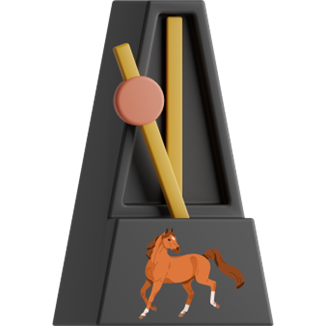
The Song of Tap
an ode to the senses
Not a subscriber yet?
Click here to subscribe - it's free


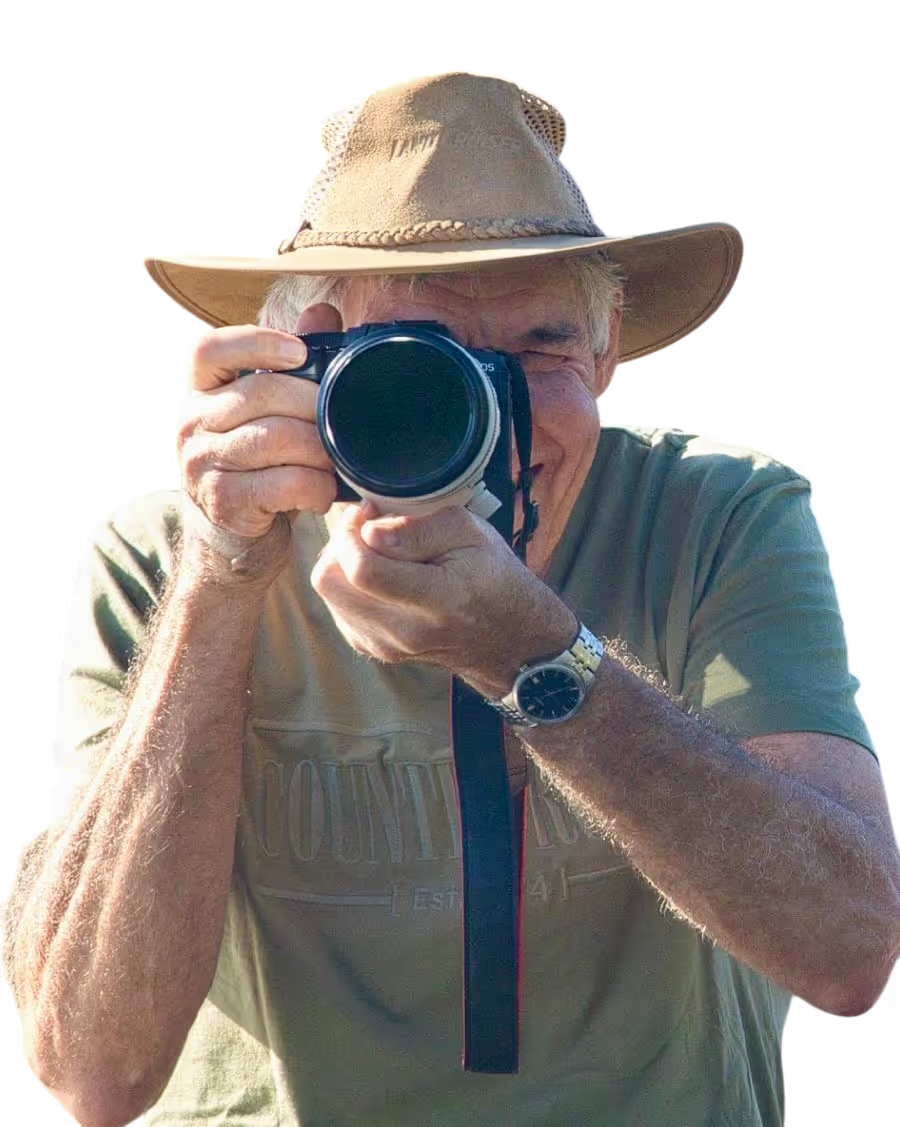
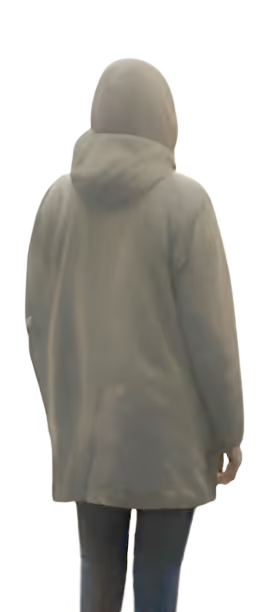
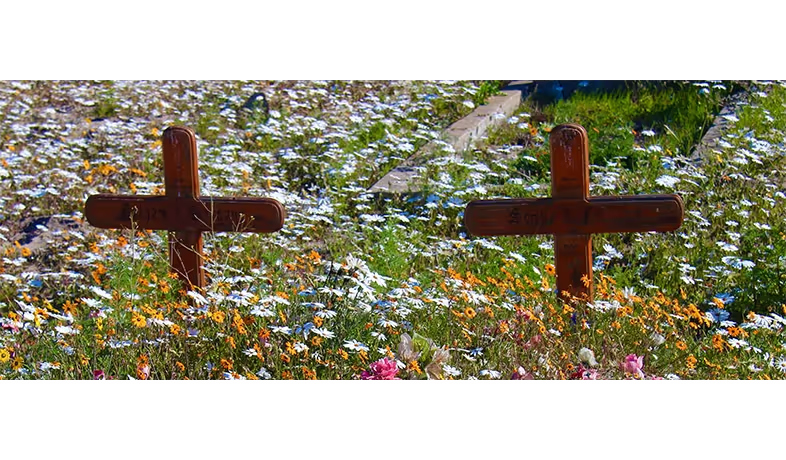




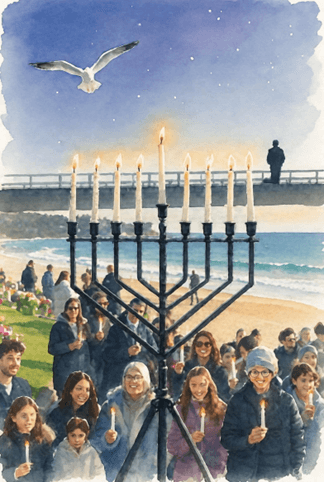




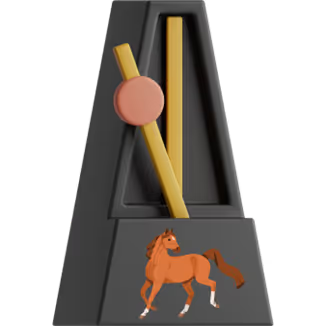
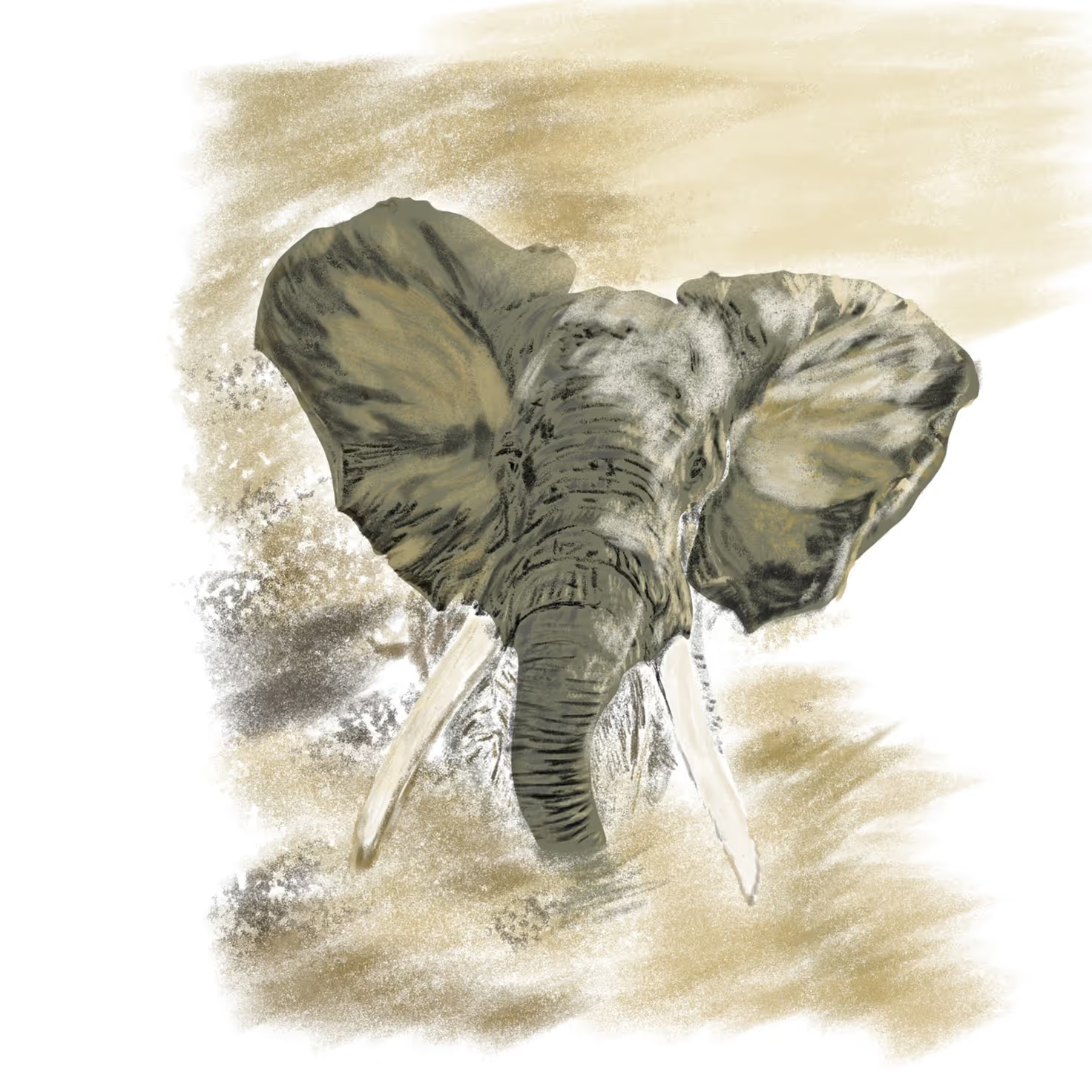
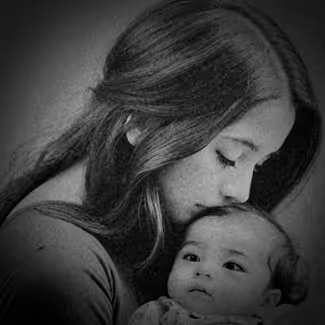
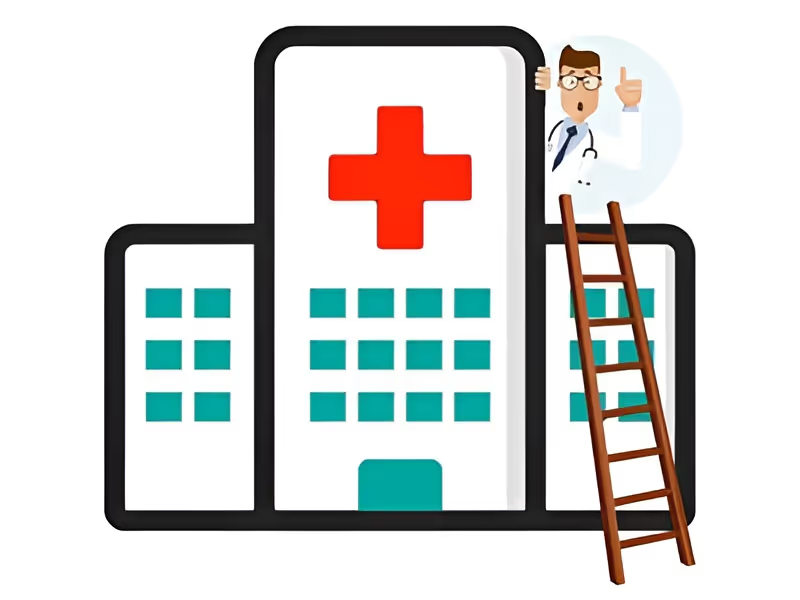
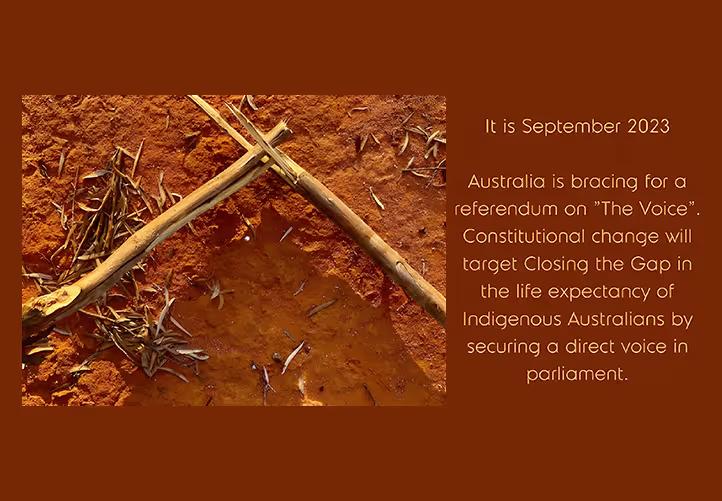
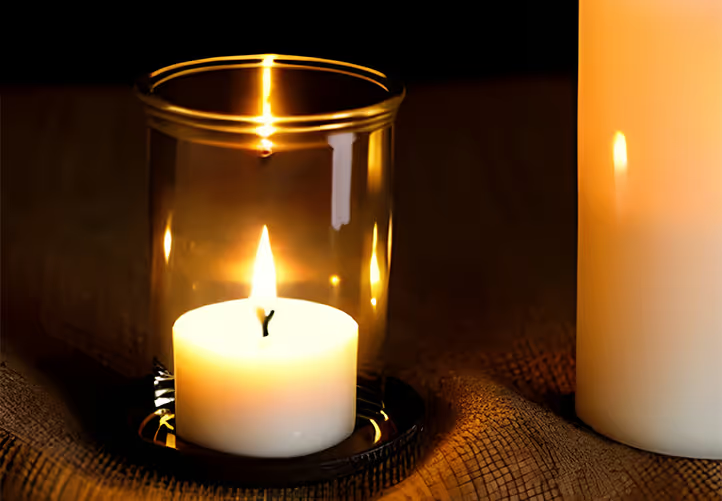

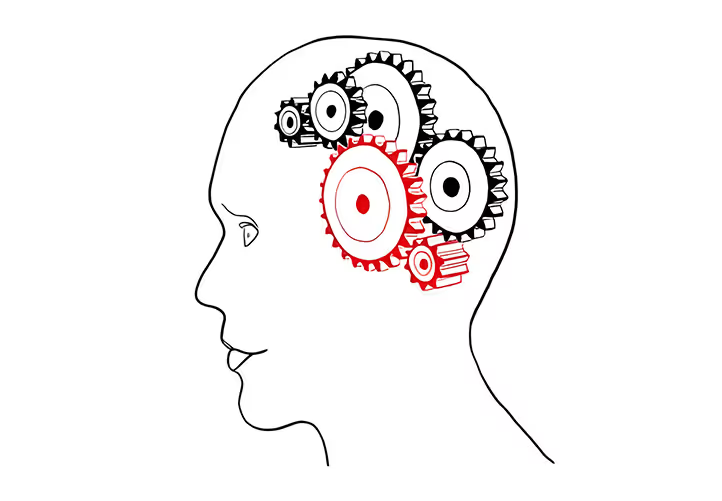
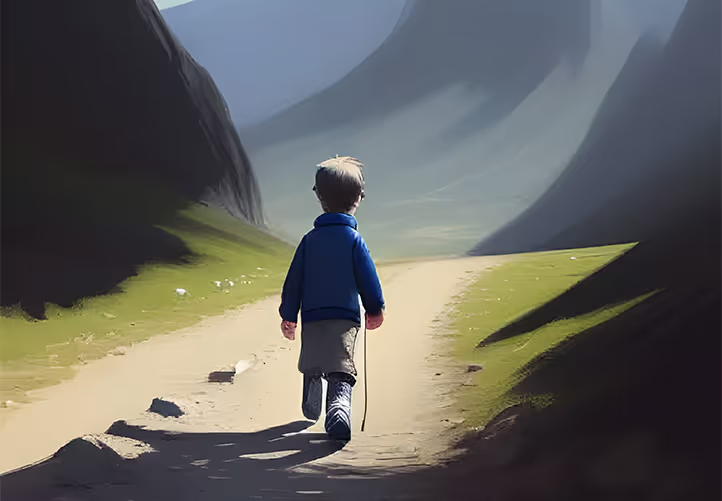

.svg)
.svg)